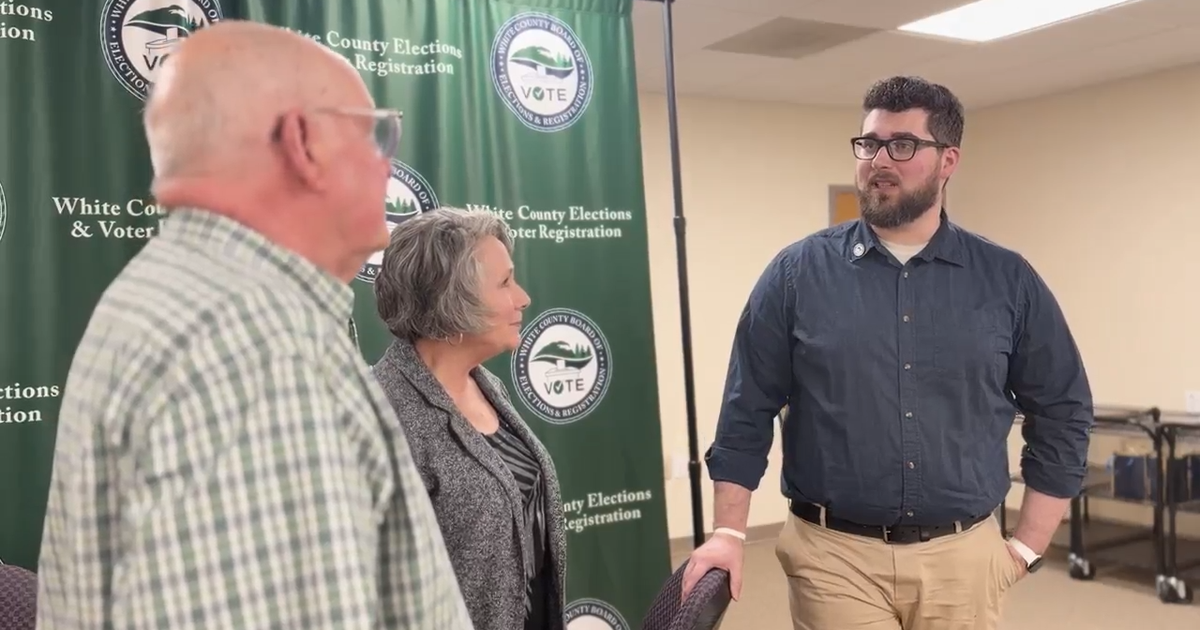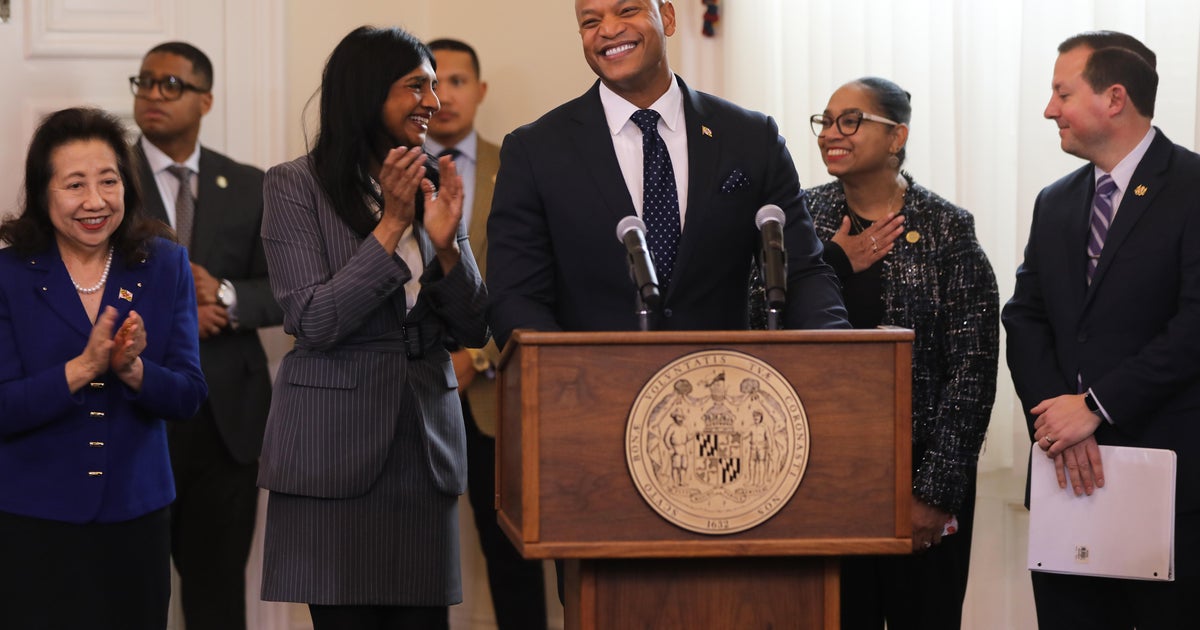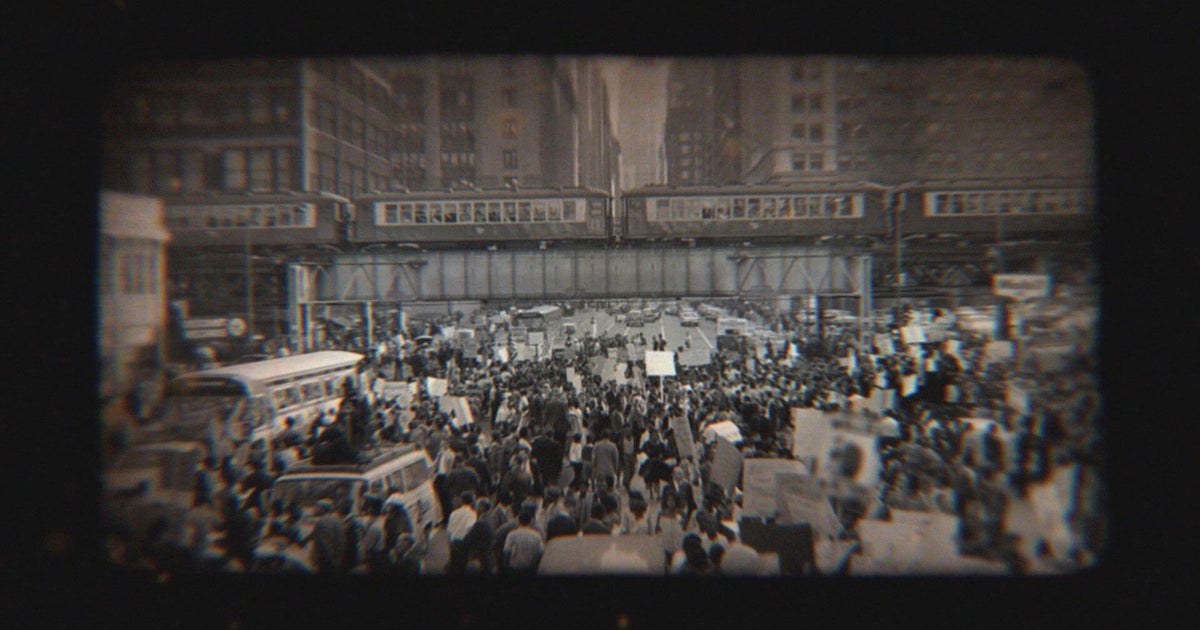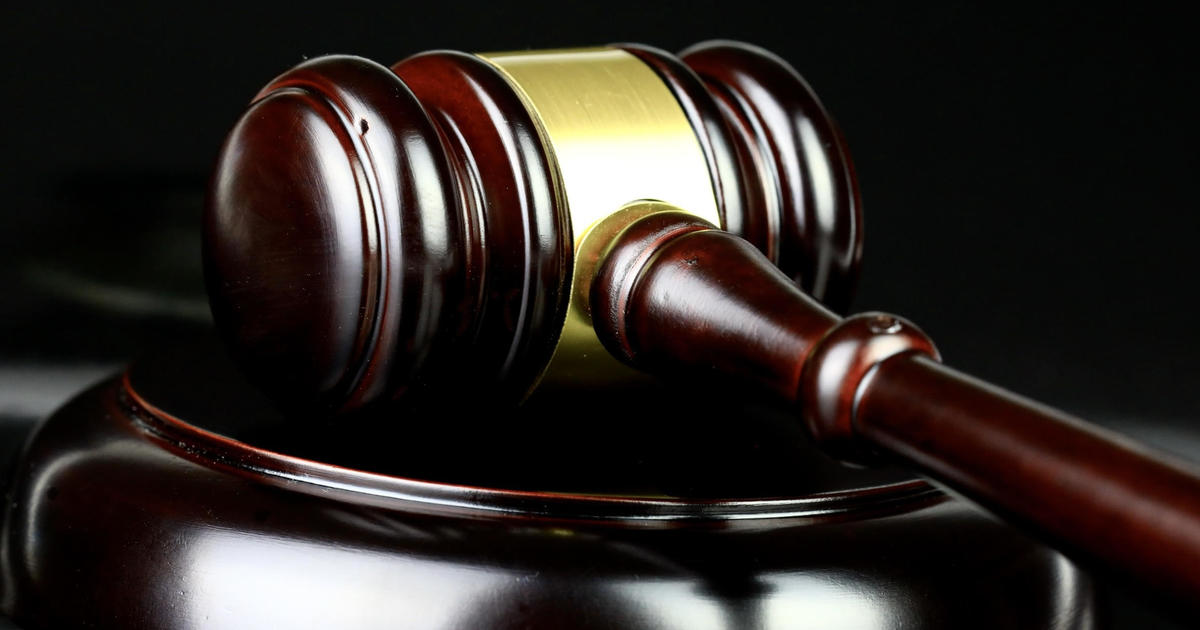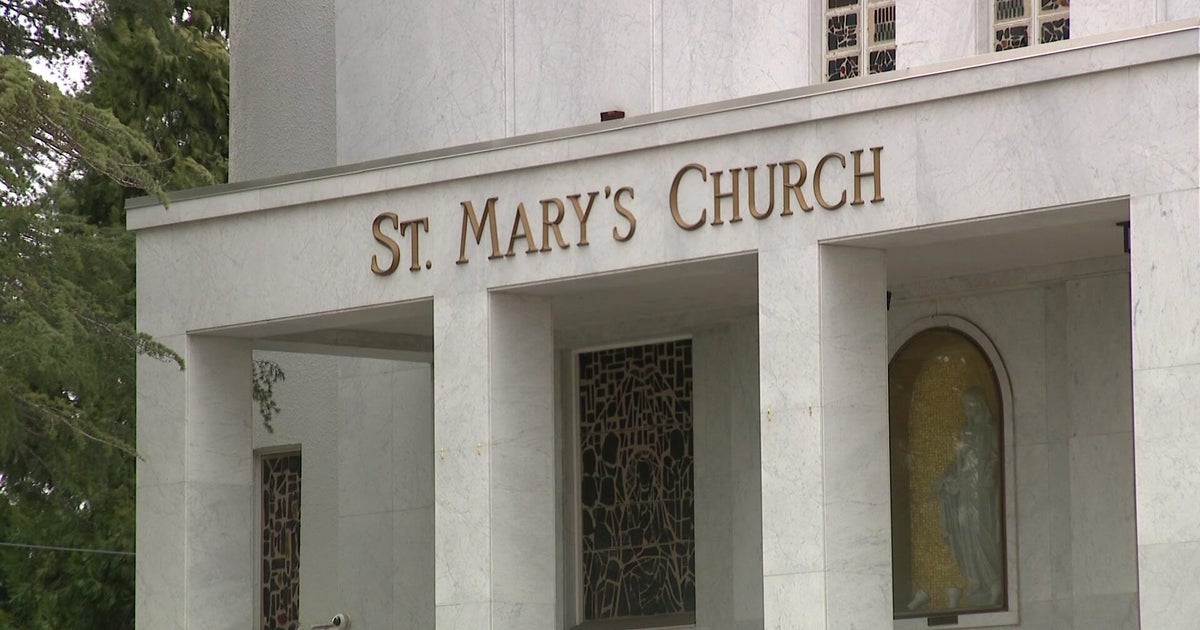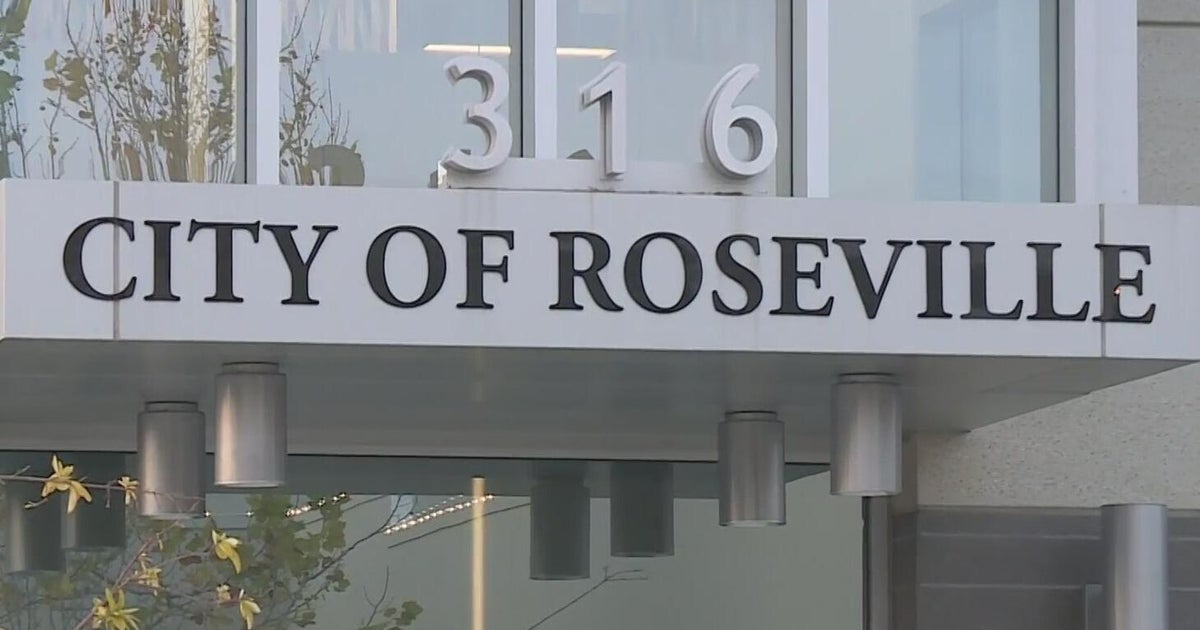White House Apologizes To Ousted Ag Worker

An embarrassed White House apologized on Wednesday to a black Agriculture Department employee who was ousted for her remarks about race, saying the administration did not know all the facts when she was fired.
White House spokesman Robert Gibbs called the dismissal of Shirley Sherrod an injustice and a mistake and said he was apologizing for the "entire administration." He said Agriculture Secretary Tom Vilsack was trying to reach her to extend an apology.
"I accept the apology," Sherrod said on CNN after watching Gibbs talk to reporters at a televised briefing. But she said the apology took too long and she wasn't sure if she wanted her job back.
"I just don't know at this point, I don't know," she said, adding that she would be surprised if Vilsack offered her the job.
Gibbs said Obama had been briefed as the situation developed.
"He talked about the fact that a disservice had been done, an injustice had happened and, because the facts had changed, a review of the decision based on those facts should be taken," Gibbs said.
Sherrod has said she submitted her resignation under pressure from the White House. The Agriculture Department says it was Vilsack's decision alone.
Sherrod was asked by department officials to resign on Monday after conservative bloggers posted a video of her saying she didn't initially give a white farmer as much help as she could have 24 years ago, when she was working for a farmers' aid group. Sherrod says she used the story in her speech to the NAACP to promote racial reconciliation and that the edited video distorted her remarks.
After a video of her full speech was posted online by the NAACP, the White House called the Agriculture Department about the case Tuesday night and it was agreed that her ouster should be reviewed.
Gibbs said people in the administration and outside of it acted without all the facts.
"We now have a more complete set of facts," he said.
The White House is facing strong criticism over the case, which marks a stumble for both the Obama administration and the NAACP. Both reversed their positions after initially condemning Sherrod's remarks based on the video first released Monday night.
It is the latest race-related brouhaha to garner national attention since Obama became the nation's first black chief executive.
A year ago, Obama convened a "beer summit" at the White House between a black Harvard scholar and the white police sergeant who arrested him after a confrontation at the professor's home. The administration also faced criticism over then-Supreme Court nominee Sonia Sotomayor's comments about the virtues of having a "wise Latina" on the bench. And there was controversy over the Justice Department dropping an investigation into complaints that New Black Panther Party members threatened white voters at a Philadelphia polling place on the day Obama was elected.
Black leaders piled on Wednesday. The Rev. Jesse Jackson already had called on the administration to apologize and reinstate Sherrod to her job, if she wanted it. The Congressional Black Caucus, which includes 42 members of Congress, called for Sherrod to be reinstated immediately, saying Vilsack overreacted.
Soon after, the Rev. Al Sharpton said black leaders should refrain from calling on the administration to apologize, saying that creates the impression that black leadership is fractured. "We are only greasing the rails for the right wing to run a train through our ambitions and goals for having civil and human rights in this country," Sharpton said.
The incident comes as the NAACP and the conservative tea party movement have been trading charges of racism.
The two-minute, 38-second clip posted Monday by Biggovernment.com was presented as evidence that the NAACP was hypocritical in its recent resolution condemning what it calls racist elements of the tea party movement. The website's owner, Andrew Breitbart, said the video shows the civil rights group condoning the same kind of racism it says it wants to erase. Biggovernment.com is the same site that gained notice last year after airing video of workers for the community group ACORN counseling actors posing as a prostitute and her boyfriend.
Reacting to the video on Monday, the NAACP issued a statement disavowing her comments, which were made at a local NAACP event. Sherrod then took to the media airwaves Tuesday, saying she was unfairly attacked and that the entirety of her remarks, delivered in March in Georgia, were not about racism, but part of a larger story about racial reconciliation and learning from her mistakes.
People who knew Sherrod were quick to defend her, including the wife of the white farmer discussed in the speech.
"We probably wouldn't have (our farm) today if it hadn't been for her leading us in the right direction," said Eloise Spooner of Iron City, Ga. "I wish she could get her job back because she was good to us, I tell you."
In the clip posted on Biggovernment.com, Sherrod described the first time a white farmer came to her for help. It was 1986, and she worked for a nonprofit rural farm aid group. She said the farmer came in acting "superior" to her and she debated how much help to give him.
"I was struggling with the fact that so many black people had lost their farmland, and here I was faced with helping a white person save their land," Sherrod said.
Initially, she said, "I didn't give him the full force of what I could do" and gave him only enough help to keep his case progressing. Eventually, she said, his situation "opened my eyes" that whites were struggling just like blacks, and helping farmers wasn't so much about race but was "about the poor versus those who have."
In the full 43-minute video, Sherrod tells the story of her father's death in 1965, saying he was killed by white men who were never charged. She says she made a commitment to stay in the South the night of her father's death, despite the dreams she had always had of leaving her rural town.
"When I made that commitment I was making that commitment to black people and to black people only," she said. "But you know God will show you things and he'll put things in your path so that you realize that the struggle is really about poor people."
Sherrod said officials showed no interest in her explanation when she was asked to resign. She said she was on the road Monday when USDA deputy undersecretary Cheryl Cook called her and told her to pull over and submit her resignation on her Blackberry because the White House wanted her out.
"It hurts me that they didn't even try to attempt to see what is happening here, they didn't care," Sherrod said. "I'm not a racist. ... Anyone who knows me knows that I'm for fairness."
Sherrod also appeared on ABC's "Good Morning America" and NBC's "Today" show.
(Copyright 2010 by The Associated Press. All Rights Reserved.)
